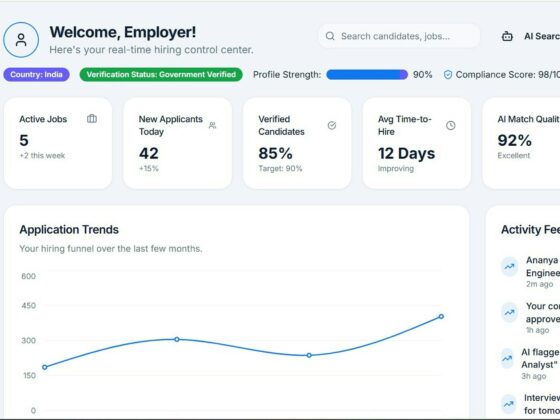
DALLAS, Texas—New research by SiteMinder found that 56 percent of hoteliers in the US believe faster, fully integrated systems could unlock at least 6 percent more annual revenue.
The August survey, which drew responses from 700 hoteliers across a variety of roles and property sizes in destination markets, including the United States, the United Kingdom, France, Spain, Mexico, Australia, and Indonesia, examined hotel revenue management practices, technology adoption, and the barriers facing the industry today.
When asked about the impact of being able to act instantly on market shifts—such as competitor rate changes, new flight routes or demand-driving events—the largest share (30 percent) of US hoteliers expected a 6–10 percent uplift, while a further 26 percent foresaw gains of 11-15 percent.
Key Findings
The survey also revealed global operational and technology trends that underscore the industry’s readiness for innovation:
- Speed-to-market is increasingly critical: Nearly all hoteliers (93 percent) said that speed grew in importance over the past year. Fifty-eight percent considered it “business critical”, with 45 percent reporting they missed revenue opportunities at least weekly because they could not act fast enough.
- Manual processes remain common: 36 percent reported updating pricing monthly or less, and 79 percent spent over 11 hours weekly on tasks that could be automated.
- AI adoption is rising: 49 percent were actively seeking AI solutions, with 43 percent open to exploring AI-driven recommendations.
“Our research reinforces the vision we’ve been advancing within the industry for many years: the future of hotel revenue optimisation lies in seamless connectivity that eliminates manual processes and transforms insights into immediate action,” said Leah Rankin, chief product officer at SiteMinder. “With UltraSync’s unifying integration—built around a shared vision with our partners—hotels will have the ability to operate as dynamically as the markets they serve. Pricing decisions will flow automatically to the PMS, while reservation data will return to inform smarter strategies, transforming hours of manual work into instant, intelligent execution—empowering hotels to shape market dynamics rather than simply respond to them.”
“The overwhelming readiness for AI solutions in this research tells us the industry has reached a tipping point,” Rankin added. “This combination of appetite for change and technological capability creates an unprecedented opportunity: a future where insights flow directly into action, enabling hotels to better find, convert, and optimize their ideal guests at the right price.”







